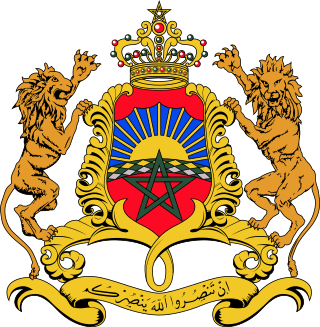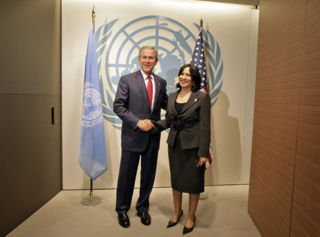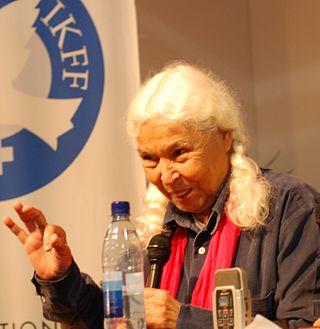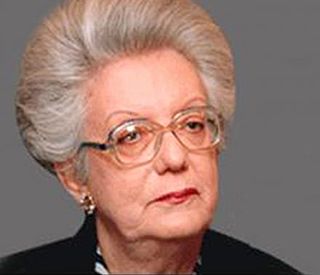Related Research Articles

Politics of Morocco take place in a framework of an official parliamentary semi-constitutional monarchy, whereby the prime minister of Morocco is the head of government, and of a multi-party system. Executive power is exercised by the government. Legislative power is vested in both the government and the two chambers of parliament, the Assembly of Representatives of Morocco and the Assembly of Councillors. The Moroccan Constitution provides for a monarchy with a Parliament and an independent judiciary.
A qāḍī is the magistrate or judge of a sharīʿa court, who also exercises extrajudicial functions such as mediation, guardianship over orphans and minors, and supervision and audition of public works.

Abd el-Razzak el-Sanhuri or ‘Abd al-Razzāq el-Sanhūrī was an Egyptian jurist, law professor, judge and politician. He is best remembered as the primary author of the revised Egyptian Civil Code of 1948. El-Sanhūrī's multi-volume masterwork, Al-Wasīṭ fī sharḥ al-qānūn al-madanī al-jadīd, a comprehensive commentary on the Egyptian Civil Code of 1948 and on civil law more generally, published during 1952-1970, remains in print and is highly regarded in legal and juristic professions throughout the Arab world. El-Sanhūrī was Minister of Education in the Cabinet of Mahmoud El Nokrashy Pasha from 1945-1946 and again from late 1946 to 1948.

The number of women in the United States judiciary has increased as more women have entered law school, but women still face significant barriers in pursuing legal careers.

Haya Rashed Al-Khalifa is a lawyer and diplomat from Bahrain. As ambassador to France 1999-2004 she became Bahrain's first ever female ambassador. She is one of the first women to practice law in Bahrain, and the third ever woman to preside at the UN General Assembly.
According to Human Rights Watch, there is substantial discrimination against women in the United Arab Emirates. The status of women has improved over the years. UAE performs better on metrics of gender equality than many other states in the Gulf region, and it has been making reforms to protect women's rights and empower women in different sectors. Critics describe some of these reforms as window dressing.
The role of women in Egypt has changed over time, from ancient to the modern era. Early archaeological records show that Egyptian women were considered equal to men regardless of marital status.

Nawal Elsaadawi was an Egyptian feminist writer, activist and physician. She wrote numerous books on the subject of women in Islam, focusing on the practice of female genital mutilation in her society. She was described as "the Simone de Beauvoir of the Arab World", and as "Egypt's most radical woman".
Radwa Ashour was an Egyptian novelist.

Tahani al-Gebali was an Egyptian judge and a past Vice President of the Supreme Constitutional Court of Egypt.

Wilhelmina Marie Wright is an inactive senior United States district judge of the United States District Court for the District of Minnesota. She is the only jurist in Minnesota's history to be state district court judge, appellate court judge and state supreme court justice. She was formerly an associate justice of the Minnesota Supreme Court, a judge of the Minnesota Court of Appeals, and a judge of the Minnesota District Court, Second Judicial District.

Fatma Al-Yusef, also known as Roz Al-Yosef, was a Lebanese born journalist and stage-actress, a pioneer of Arab female journalism and a patron of the Arab female press. She is considered the Arab world's first woman journalist.

Aisha Rateb was an Egyptian lawyer, politician, and Egypt's first female ambassador. She also was a professor of international law at Cairo University.
Hamida Zakariya Esma'il was the first female judge in South Yemen, Yemen, and the Arab World.
Mamdouh Marei (1938–2018) was an Egyptian jurist who served as the minister of justice in the period 2006–2011 just before the Arab Spring. He also served in various senior judicial positions.
References
- 1 2 3 4 "In first, female judge presides over hearing in Egyptian top court". The Times of Israel. 6 March 2022. Retrieved 7 September 2024.
- 1 2 "Egypt: Nearly 100 women become first female judges to join State Council". Africa News. 20 October 2021. Retrieved 7 September 2024.
- 1 2 3 4 Al-Shamaa, Mohammed (7 March 2022). "Radwa Helmy: Egypt's first-ever female judge". Arab News. Retrieved 7 September 2024.
- ↑ El-Sheikh, Sarah (5 March 2022). "Female judge among Administrative Court's panel for 1st time in Egypt". Daily News Egypt. Retrieved 7 September 2024.
- ↑ Qureshi, Shifa (7 March 2022). "Radwa Helmi becomes first female judge at Egypt top court". Jurist News. Retrieved 7 September 2024.
- ↑ Ahmed, bdulateef (8 March 2022). "Radwa Helmi Becomes First Female Judge at Egypt Top Court". News Central. Retrieved 7 September 2024.
- ↑ "Historic milestone: Three women appointed to State Council's General Secretariat". Egypt Independent. 31 August 2024. Retrieved 7 September 2024.
- ↑ "Three female judges appointed to State Council technical office for 1st time". Egypt Today. 24 July 2024. Retrieved 7 September 2024.